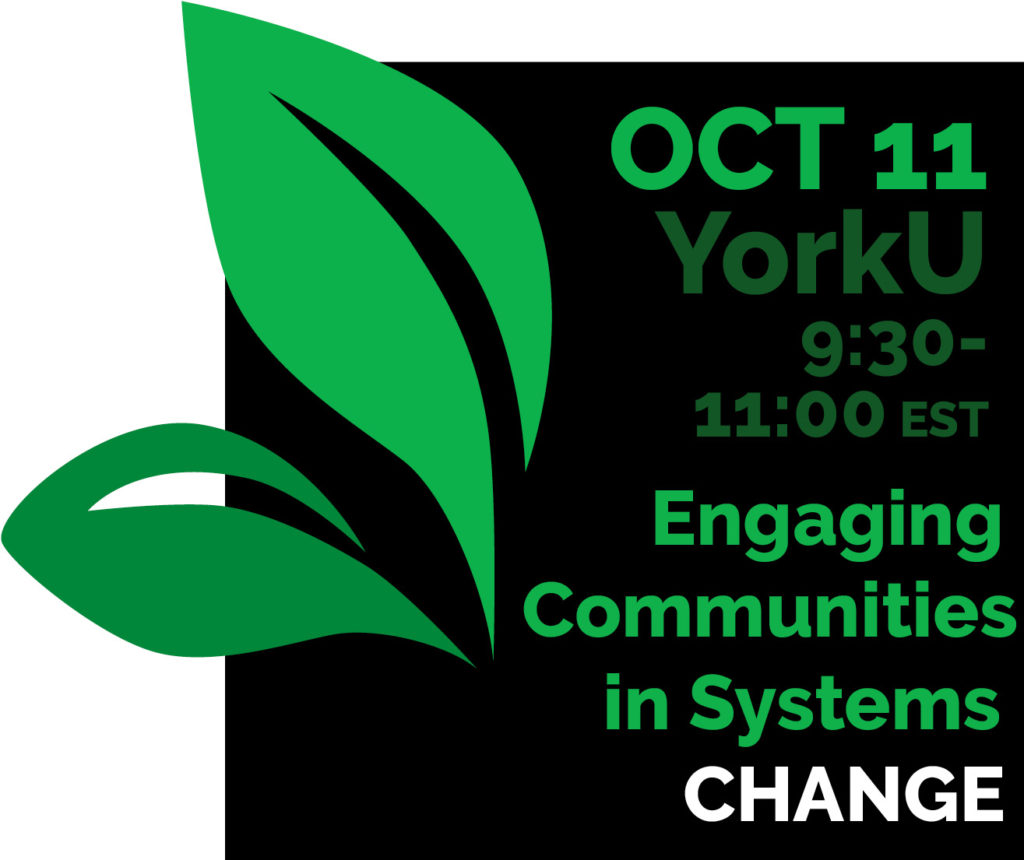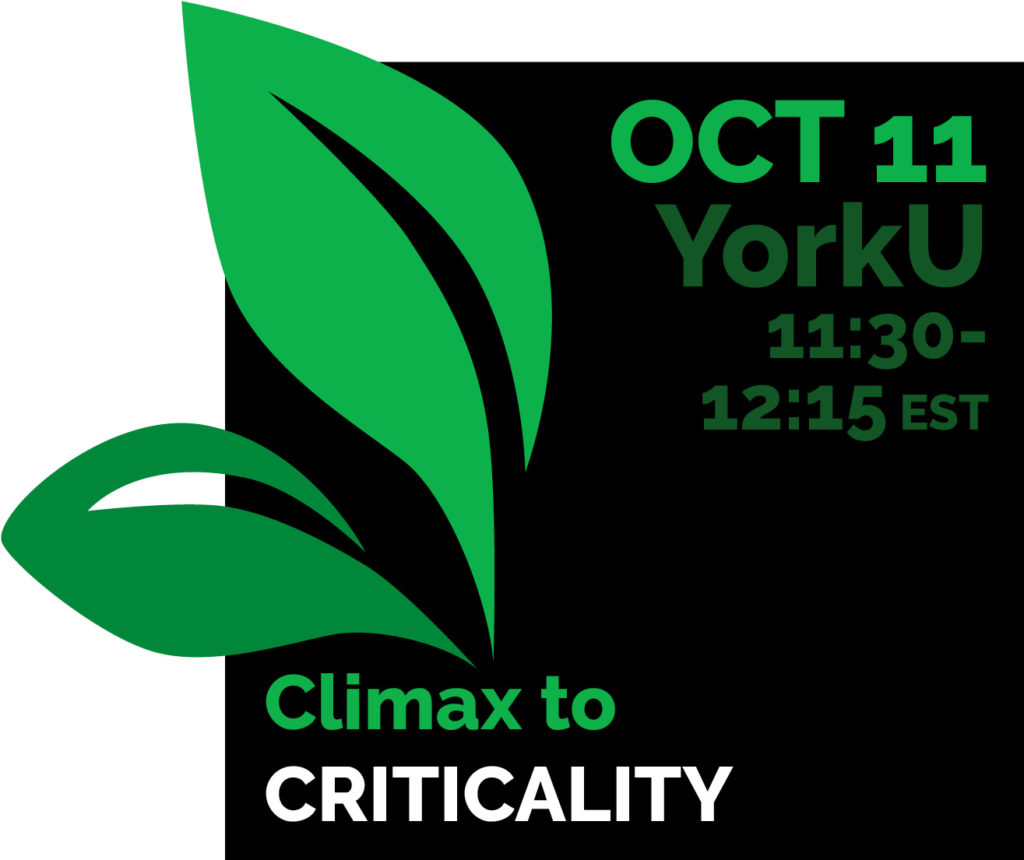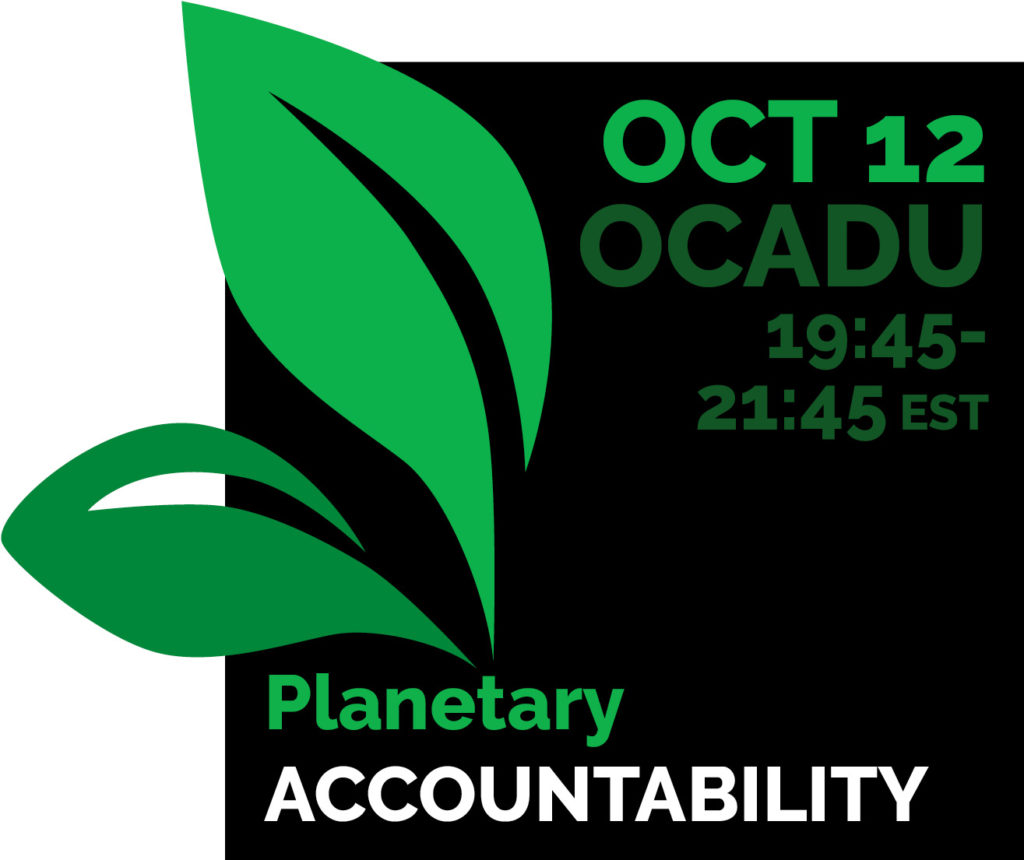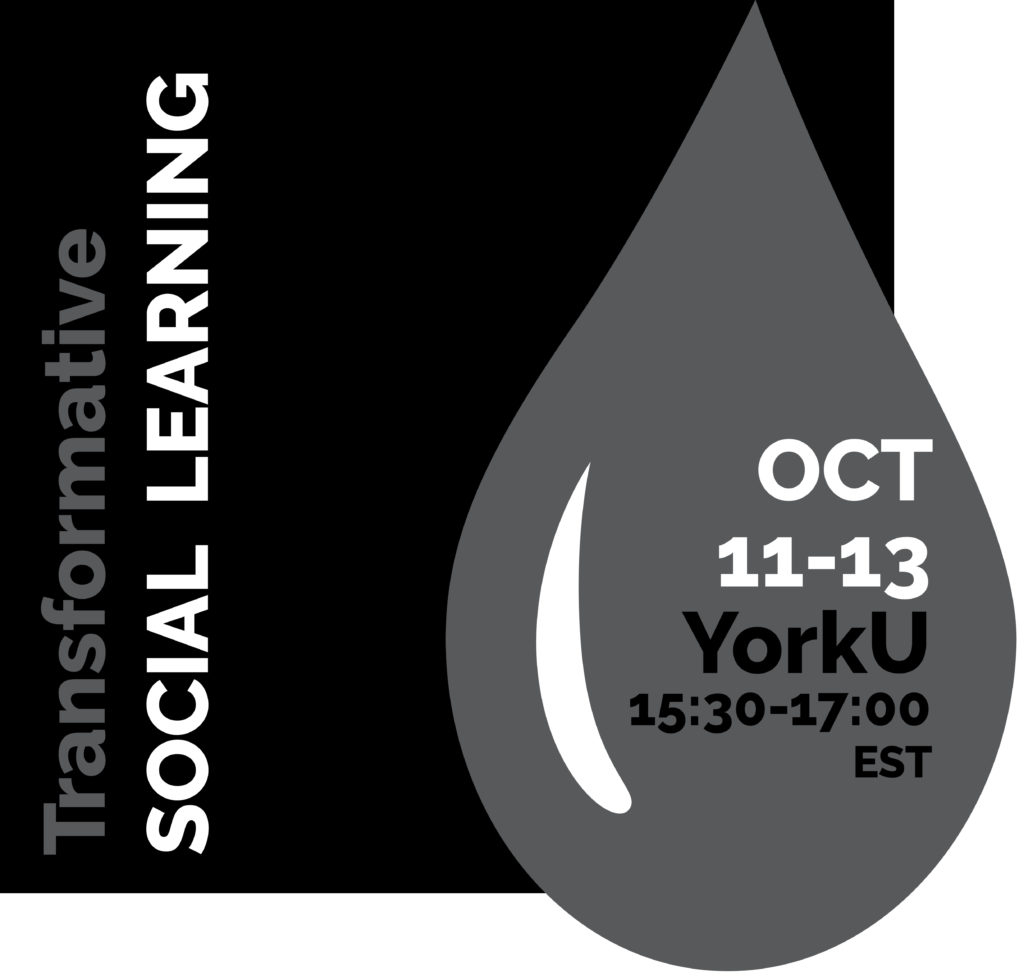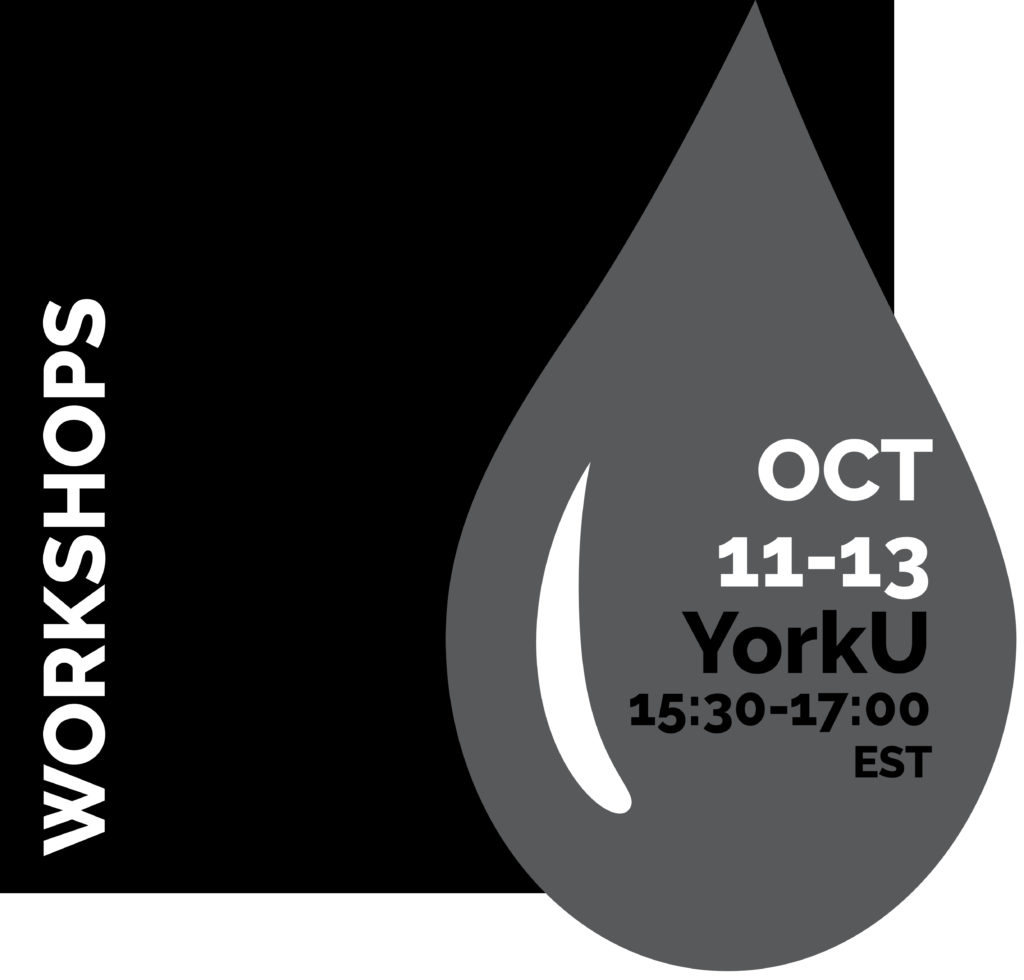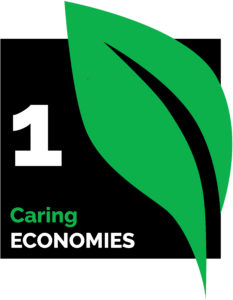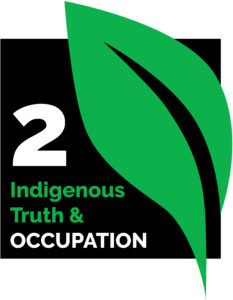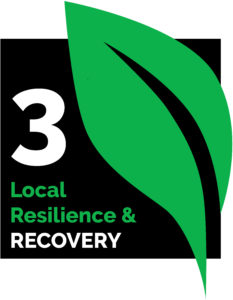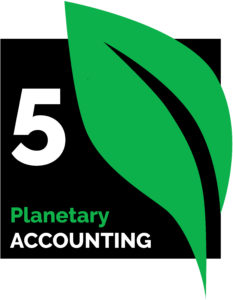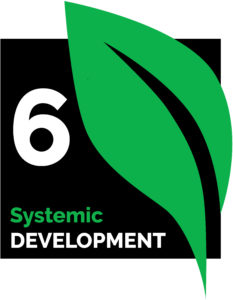By design or by disaster, the global economy must be fundamentally transformed, as we come to terms with the biophysical limits of our finite planet, as well as the inequalities and instabilities that are being reinforced in the name of growth. The limitations and rigidity of our current political-economic systems could not have become more apparent than during the recent COVID-19 pandemic. Just as critical, a climate-uncertain future necessitates rapid transition to low-carbon economies, while bracing for the potential of widespread, and largely unjust, environmental change. Our 14th Biennial Conference will dive into the complexities of these surmounting pressures, with the intention of inspiring novel research, high-impact policy, and tractable community action, informed by the most seminal work in the field of ecological economics.
For example, Canadians are directly impacted by our changing climate, and are calling for immediate government action. From sea to sea to sea, Canada is warming much faster than other nations, leading to melting Arctic ice, floods, heat domes, drought, and wildfires—displacing hundreds of thousands of citizens. Moreover, with our per capita footprint being one of the highest in the world, and being the fourth largest producer of fossil fuels, Canadians’ collective moral responsibility to reduce GHG emissions is considerable. Meanwhile, transitions towards renewable energy, as well as a green economy, are both economically and politically feasible.
At the same time, inequities abound in Canada, where the colonial past and present, racism, patriarchy, migrant labour, and worsening income distribution, limit and distort many people’s lives. Canada is also one of the world’s most diverse countries, and active Indigenous resurgence is progressively influencing politics, along with the nation’s understanding of itself. Canada must take the lead on both a technological and cultural change to preserve wellbeing and equality, while also decreasing emissions, all in short order. The work of CANSEE scholars and practitioners is at the centre of this transition.
Check out our diverse conference programme, and help contribute to this movement of cross-sectoral, transformative systems change.
Get ready for #CANSEE2023
In these opening remarks, York University Professor Emeritus Peter Victor will offer a special tribute to the late Herman Daly, whose outsized legacy in ecological economics deserves recognition and celebration. Before his passing, Dr. Victor completed an extensive biography for Dr. Daly, which offers an in-depth account of one of the leading thinkers and most widely read writers on economics, environment, and sustainability.
Conference Themes
CANSEE encourages the translation of research into practical action for global transition. As such, our conference is oriented around six values-based themes for systems change, as follows:
A Special Thanks to our Partners!
A Special Thanks to our Partners!









